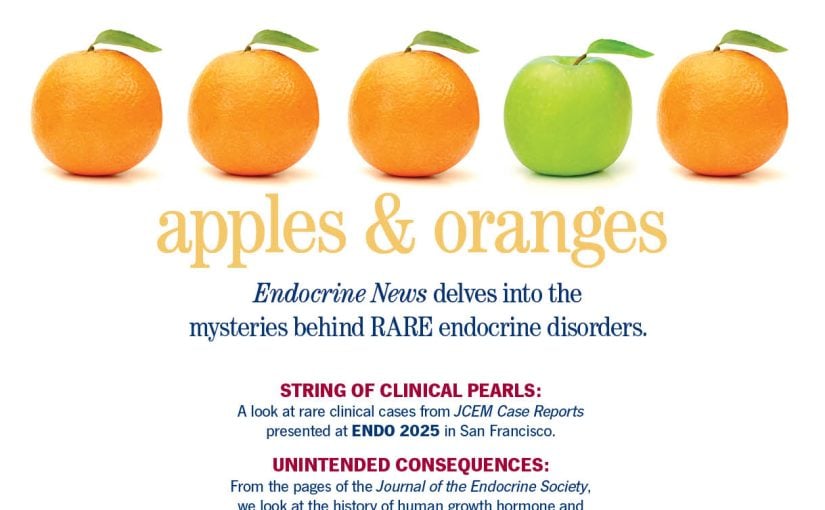Women with obesity may share risk for the disease with their daughters, but not their sons, according to a new study published in The Journal of Clinical Endocrinology & Metabolism.
Obesity is a common, serious and costly disease affecting nearly half of the adults and 20% of children in the United States. It costs an estimated $173 billion in medical care costs. People with obesity are at higher risk of developing diabetes, high blood pressure, heart issues, and many other conditions.
“These findings highlight that girls born to mothers who have obesity or have high amounts of body fat may be at higher risk of gaining excess body fat themselves,” says Rebecca J. Moon, BM, PhD, MRCPCH, of the MRC Lifecourse Epidemiology Centre, University of Southampton in Southampton, U.K. “Further studies are needed to understand why this is happening, but our findings suggest that approaches to addressing body weight and composition should start very early in life, particularly in girls born to mothers with obesity and overweight.”
The researchers measured body fat and muscle in 240 children (nine years old or younger) and their parents in early childhood. They used this data to determine whether the body mass index (BMI) and the amount of body fat and muscle in the child was related to that of their parents.
They found the girls had similar BMI and fat mass to their mothers, suggesting that girls born to mothers who have obesity or have high fat mass are at high risk of also developing obesity or overweight. The researchers did not find the same association between boys and their mothers or either girls or boys and their fathers.
The other authors of this study are Stefania D’Angelo of the University of Southampton; Christopher R. Holroyd of the University Hospital Southampton NHS Foundation Trust in Southampton, U.K.; Sarah R. Crozier of the University of Southampton and the National Institute for Health and Care Research (NIHR) Applied Research Collaboration Wessex in Southampton, U.K.; Justin H. Davies of the University of Southampton, University Hospital Southampton NHS Foundation Trust; and Keith M. Godfrey, Cyrus Cooper and Nicholas C. Harvey of the MRC Lifecourse Epidemiology Centre, the University of Southampton, the NIHR Southampton Biomedical Research Centre, and the University Hospital Southampton NHS Foundation Trust in Southampton, U.K.
The study received funding from the Medical Research Council, the British Heart Foundation, the NIHR Southampton Biomedical Research Centre, the NIHR Oxford Biomedical Research Centre, the Seventh Framework Program, the Biotechnology and Biological Sciences Research Council, the Horizon 2020 Framework Program, and the National Institute on Aging.
The manuscript, “Parent-Offspring Associations in Body Composition: Findings From The Southampton Women’s Survey Prospective Cohort Study,” was published online, ahead of print.
You may also like
Strong Grip Strength May Protect Against Obesity-Related Complications
People with excess body fat who build and keep muscle may be less likely to develop obesity-induced heart, liver, or kidney damage or die early, according to a new study published in The Journal of Clinical Endocrinology & Metabolism. Despite clear evidence that excess body fat can directly cause illness, obesity is often viewed as a risk…
GLP-1s Show Promise in Treating Alcohol and Drug Addiction
A popular class of therapies for treating diabetes and obesity may also have the potential to treat alcohol and drug addiction, according to a new paper published in the Journal of the Endocrine Society. The therapies, known as Glucagon-Like Peptide-1 Receptor Agonists (GLP-1RAs), present an encouraging approach to treating alcohol and other substance use disorders. “Early…

